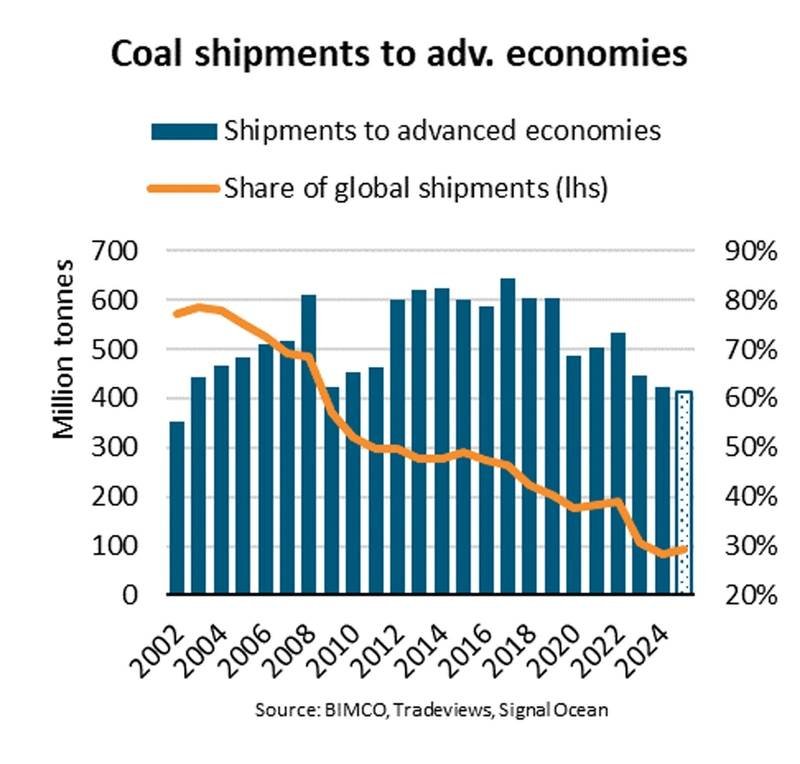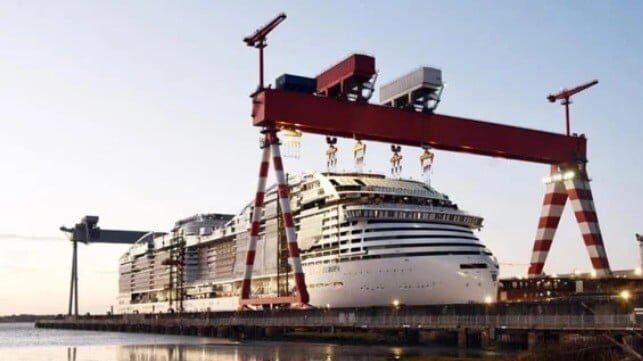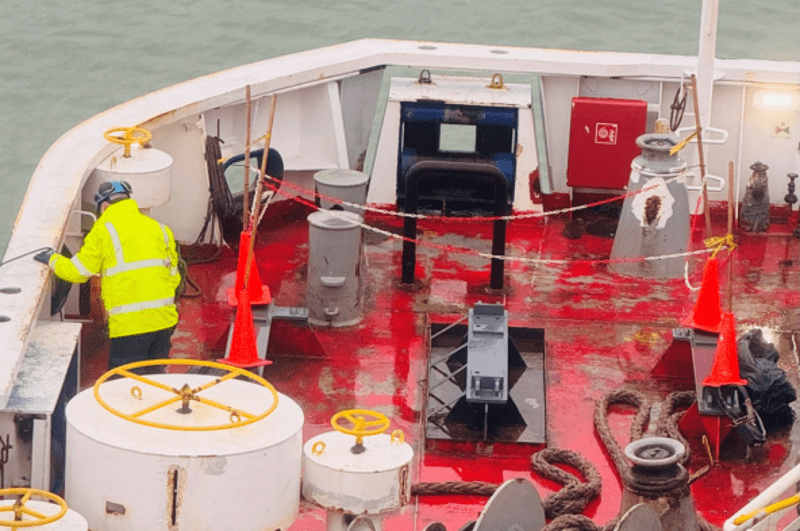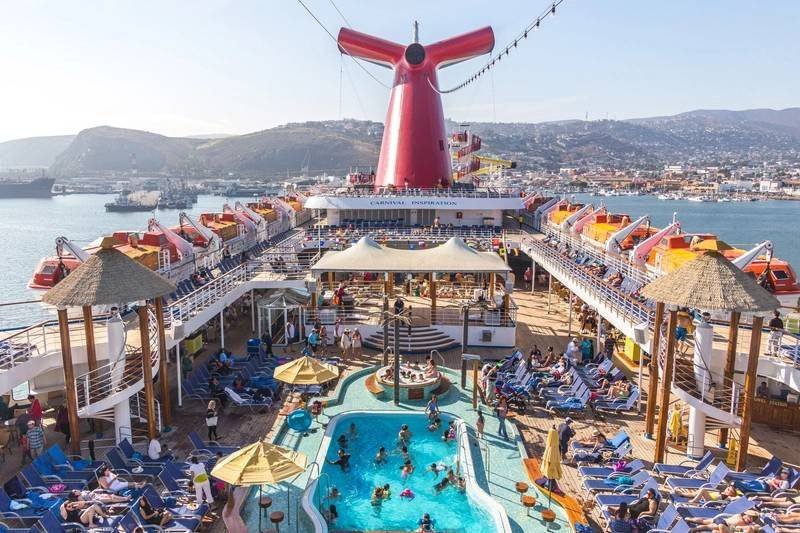Cruise Iceland, an organization promoting the country’s cruise tourism, is raising alarms about a head tax imposed by the government in 2025, which they claim is deterring cruise lines. They report a significant decline in cruise ship bookings for 2026 and anticipate further drops in 2027 unless the government revisits this decision. Despite a successful promotional campaign that attracted 2.3 million visitors in 2024, the Icelandic Tourism Board expects visitor numbers to plateau in 2025.
In 2024, Iceland recorded a record high of 104 cruise ships and 1,248 visits, with most arrivals at smaller ports rather than the capital, Reykjavik. The newly introduced head tax of approximately $20 per passenger applies daily while ships are in Icelandic waters, regardless of whether passengers disembark. Cruise lines are passing these costs on to passengers, which has led to a notable decrease in future bookings, prompting Cruise Iceland to describe the situation as a potential collapse.
The full effects of the tax are expected to become apparent by 2027, with projections indicating a 17% decline in total ship arrivals in 2026 and a staggering 37% drop in 2027. This decline could cost the government around $14 million in revenue, severely impacting smaller ports that rely on cruise tourism. Although the government has agreed to reduce the tax to about $16.50 in 2026, Cruise Iceland argues that this remains significantly higher than hotel taxes in the country and is advocating for a policy reassessment.


















